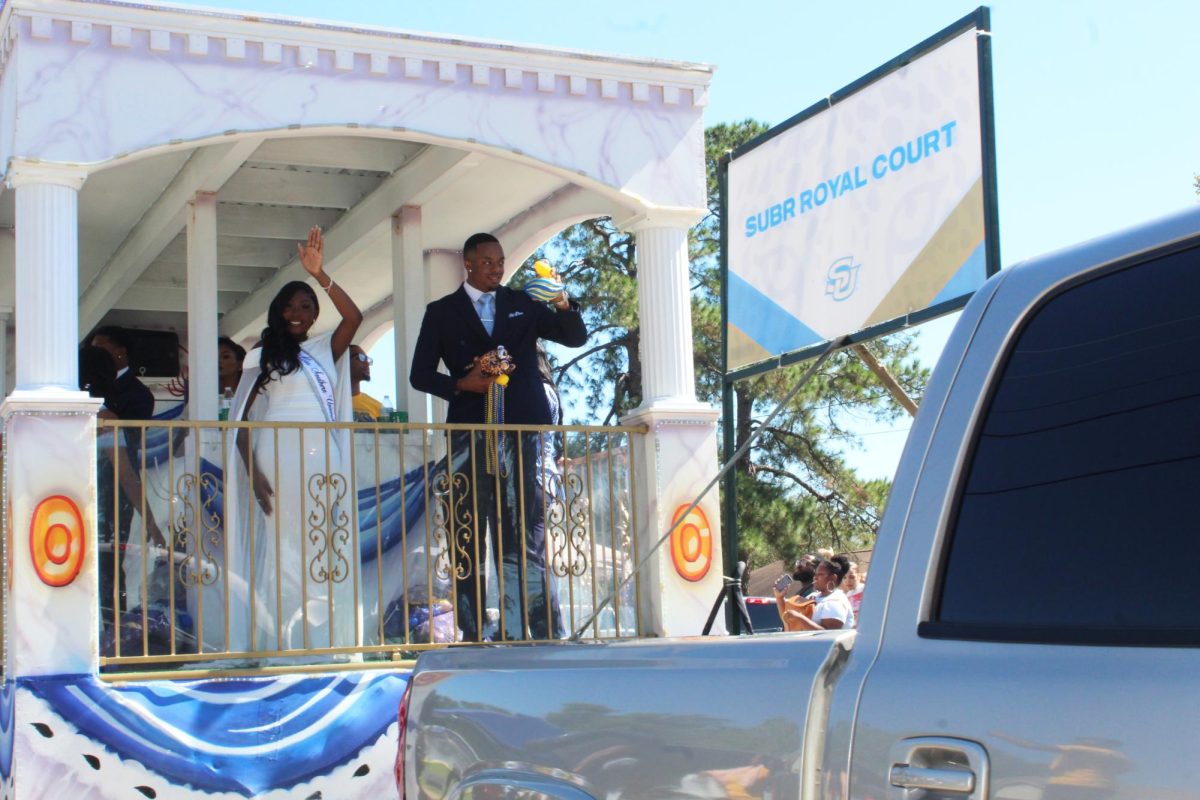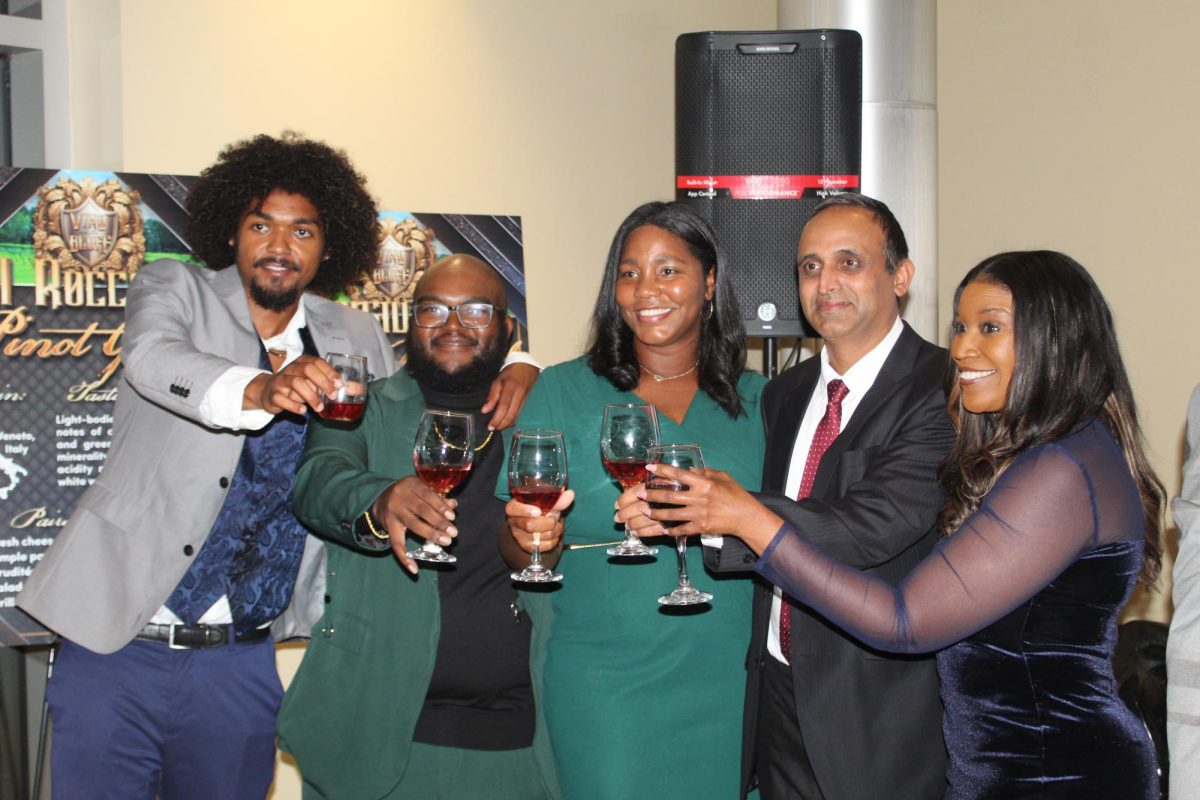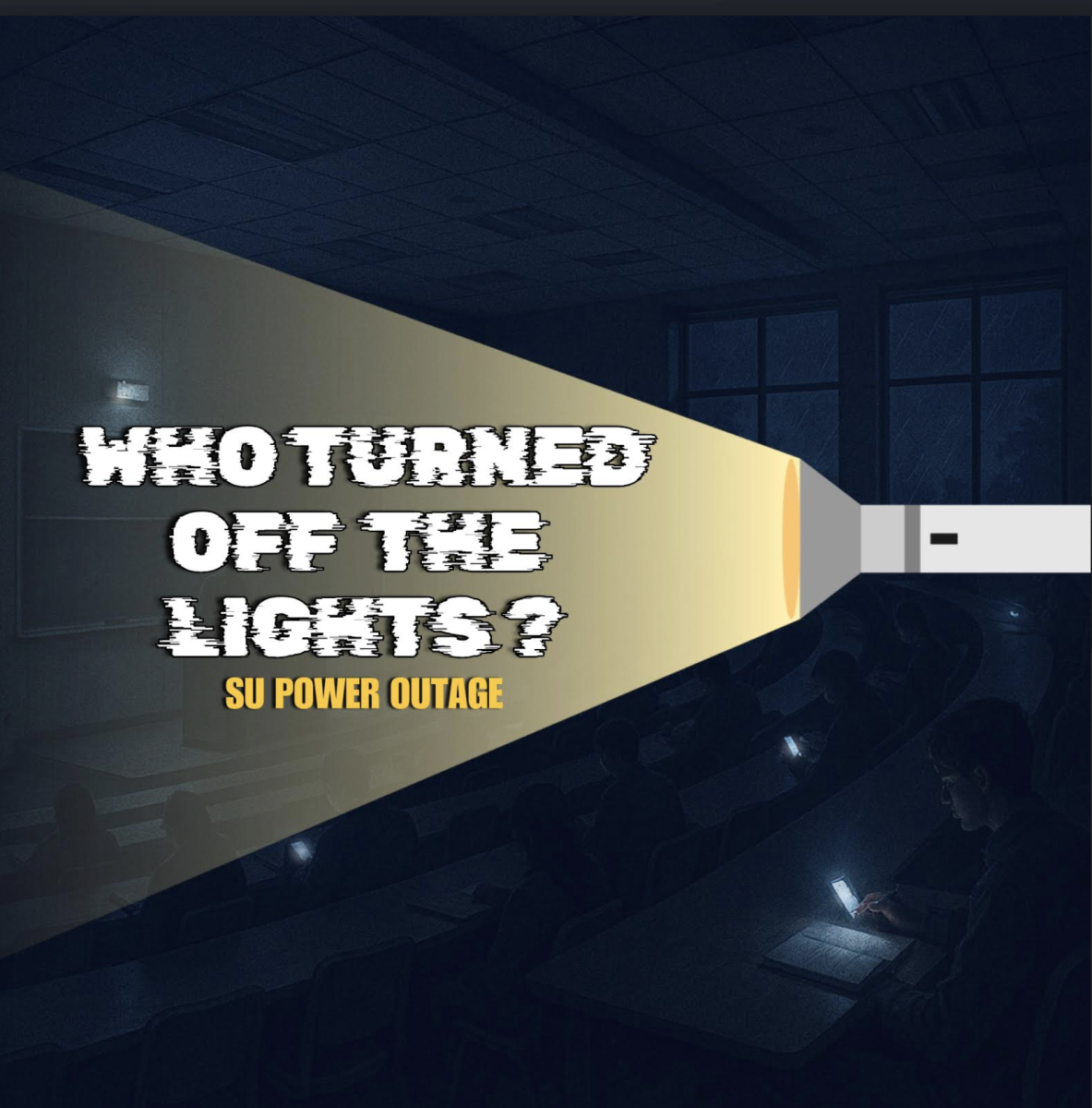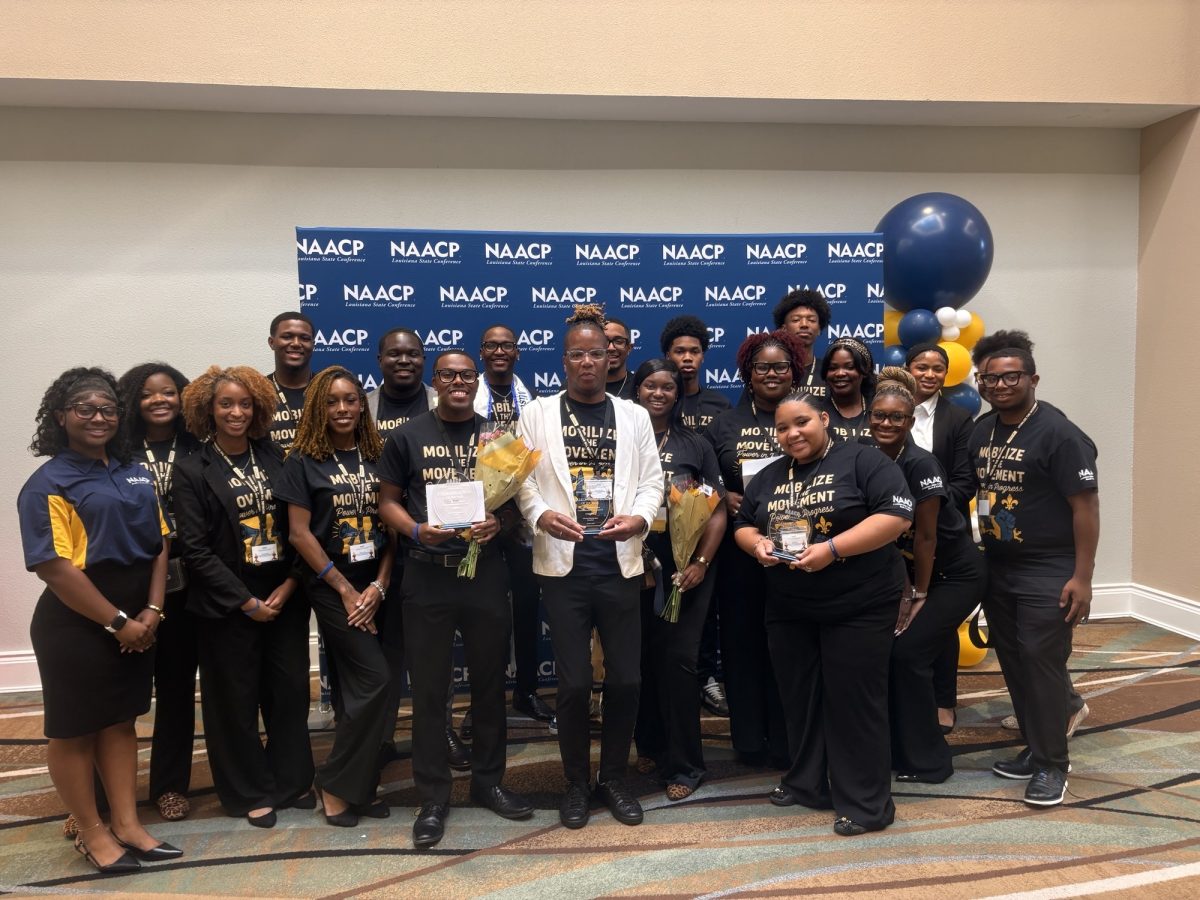Historically Black Colleges and Universities such as Southern University share a rich tradition rooted in perilous struggles and overcoming to triumph.
Blacks were discouraged in the past to receive education. Slaves were threatened not to learn to read because their owners knew that there was power in knowledge and the injustice continued throughout American history in famous occurrences such as Brown vs. Board of Education.
According to an online article on www.collegeview.com entitled, “The History of Historically Black Colleges and Universities,” before many of the landmark victories of equality, “most of these public schools were founded by state legislatures between 1870 and 1910. Prior to this, it was the initiative of many blacks themselves, along with the support of the American Missionary Association (AMA) and the Freedmen’s Bureau that was responsible for setting up private colleges and universities for the education of blacks.”
Many colleges for blacks were started after the Second Morrill Act of 1890 which provided federal monies for states to found land-grant institutions, saying that states would either have to provide blacks with equal access to the land-grant colleges or establish separate institutions for black students.
The oldest institution of higher learning for blacks, Cheyney University, was established on February 25, 1837 and it still operates today in a rich legacy.
Many of today’s media icons attended black colleges, such as Spike Lee, Phylicia Rashad, Oprah Winfrey and Toni Morrison.
Southern has had its share of famous attendees also, which include music producer Randy Jackson, rapper Common and contemporary jazz artist Wynton Marsalis.
Many students today enjoy attending HBCUs and others appreciate them, but feel there is plenty of room for improvement.
“I feel that black colleges need to step it up,” said Stanley Jackson, a sophomore business major from Detroit, when asked about his black college experience and housing in general.
Others such as Shelia Bowers, a secondary education major from Monroe is extremely glad to attend an HBCU such as Southern, regardless of the stereotype that black colleges provide an inferior supplemented education.
Bowers believes that many of the teachers at Southern genuinely care about the students and prepare them for the real world as African Americans.
“You have to be a special type of person to face obstacles and be willing to face adversity,” said Bowers.
The Chairman of the Southern University history department Raymond Lockett stated that because blacks were not permitted to get into other schools, especially in the 60s, black colleges provided the opportunity for a higher education.
“African American college students should take the lead in the Black History month celebration,” said Lockett.
“Southern students in the past used to speak out against injustice and were responsible for a lot of the celebrations in the community,” said Lockett.
According to Lockett, part of the reason Southern does not have as many black history programs is because Southern has not been putting enough money aside to support them.
Lockett said, “It is up to the students to push to get them back.”
Students who are interested in Southern’s history are encouraged to visit the Southern University Museum of Arts, located across the street from Mayberry Dining Hall, near the bluff and SU history department located Higgins Hall.
Categories:
HBCU’s, students share struggles, triumphs
March 11, 2008
0
More to Discover





